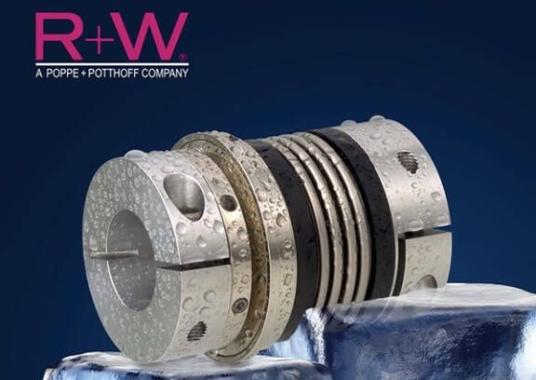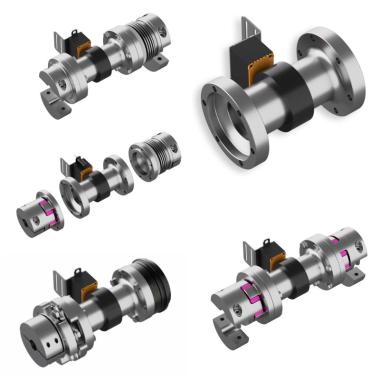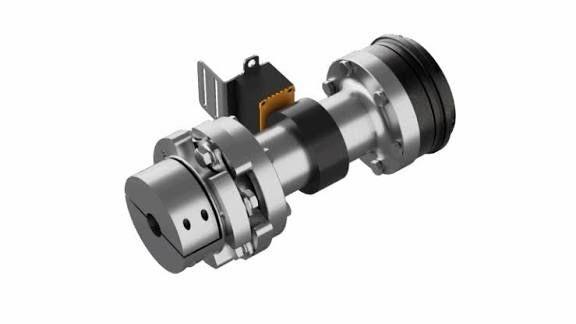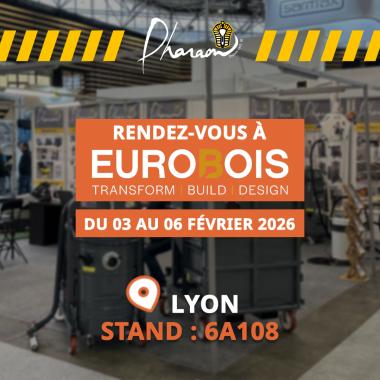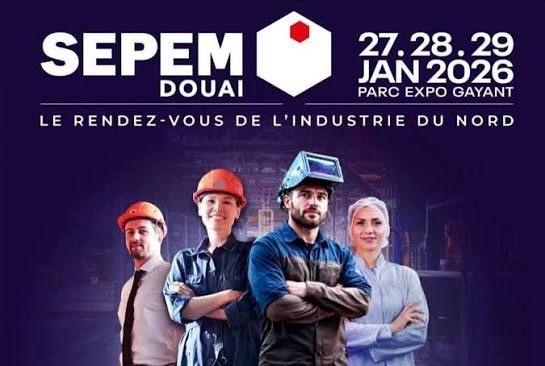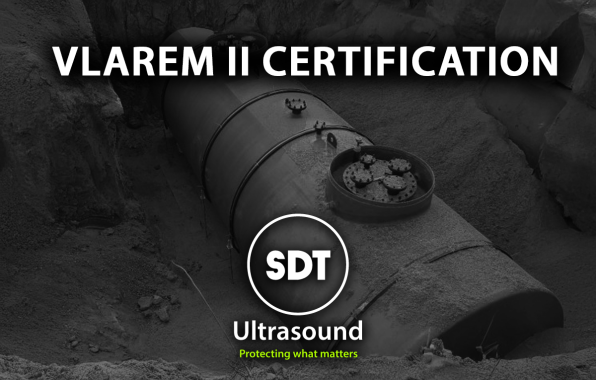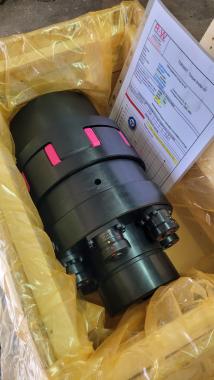Innovation in industrial processes: an asset to face current challenges
In view of the international context which directly impacts French companies and their production chains, manufacturers must adapt. With “France 2030” in its sights, which aims to prepare the France of tomorrow, industry 4.0 must also become competitive and completely carbon-free.
The new concrete solutions provided by many companies specializing in process improvement should therefore enable manufacturers to achieve these objectives. Among them, Endress+Hauser, one of the world leaders in measurement instrumentation, services and engineering solutions for industrial processes… Meeting with Christelle Hauer Digital marketing and communication manager and President of the marketing commission and promotion of GIMELEC (group of companies in the French electrical and electronics sector) which shares its expertise on the subject with us.
What is the core business of Endress+Hauser?
“This family business was created more than 70 years ago, with today more than 3.3 billion euros in turnover and sites on all continents. Our job is to be our customers' partner in improving their industrial processes. And who says improvement of the industrial process, says at a given moment, measuring a physical quantity in order to be able to control and optimize the process. Industrial measurement is therefore at the heart of process management, it is truly essential, because without measurement we cannot analyze. Our instruments measure flow, level, pressure, temperature, physicochemical analysis, record data and communicate digitally. Our solutions enable process optimization in terms of economic efficiency, safety and environmental impact. We cover the chemical, food and beverage, life sciences, power and energy, mining, metals and minerals, oil and gas, water and wastewater sectors.
Concretely, how do you help companies manage their processes?
Our role is to support manufacturers on a daily basis, by monitoring the proper functioning of their processes using our sensors installed in their factories. So with the historic increase in energy costs, which we are currently experiencing, all our customers and our stakeholders have taken action thanks to us, in what we call “utilities” (process water, steam, heat, cold) in order to more rigorously control costs at these points in the production chain. And for this purpose, they began to install more precise measurement on these stations. But you have another scenario, for example, during the construction of a factory which will emerge from the ground, like the new paracetamol factory in Isère, we work upstream and in concert with those who manufacture the production processes . We help them define which instrumentation is most suitable for each production process in compliance with standards and regulations. We thus practice co-design.
What are the challenges of processes in our current situation? Energy transition, digital transition, and decarbonization for example?
These are very serious issues, which are indeed at the heart of our customers' concerns. To accelerate the decarbonization of their companies, manufacturers will have to change and switch to so-called “cleaner” energies and therefore adapt their processes. With on the one hand, the use of new energies, which bans fossil fuels and favors electrification and on the other hand, the search for new sources of energy savings to reduce their consumption. Concretely, manufacturers will have to check all possible leaks (gas, steam, water, liquids). Finally, decarbonization and the CSR approach as a whole also means good water management, to ensure that we waste as little as possible while reusing as much as possible. And in this context, all the players in the GIMELEC Industry Committee, and in particular companies in the instrumentation field, are very involved.
For the digitalization part, it is a question of knowing how we can approach and optimize the processes and their management by providing them with more intelligence, in particular for automation systems, pumps, valves and measurement sensors. These tools now have capabilities that are much greater than the initial tasks assigned to them, that is to say in our case, measuring a level, a pressure, a temperature, a flow rate, etc. They are now ultra intelligent and provide a very useful secondary level of information. It is therefore essential to adapt the communication systems between the sensors, the automatons and the supervision to make all this information visible to the people who control it, including the factory directors, so that they can make good decisions with the most accurate information. Digitalization also makes it possible to carry out measurements in previously inaccessible places. How ? By developing sensors which are now autonomous, which operate on batteries. You will thus be able to place a measuring point, a flow meter, for example, in a place without electricity, with a SIM card and a connection which will switch to 5G, the information will therefore be immediately sent back to the cloud... a timely alert real !
What do you think of this recent study published by MarketsandMarkets which says that the intelligent process automation market is expected to grow by 50% by 2027, from $13.9 billion to $21.1 billion?
It is in fact a growing market which will require adaptations. It is said that half of the professions of 2027 did not yet exist in 2017. The challenges that the manufacturers of the future will have to face will be their ability to integrate artificial intelligence, the Internet of Things, meta language in the management of factories and thus manage to combine the pragmatic vision of the processes they know with the experience and contributions that innovation can bring them. You might think that the more we automate, the less humans we will need, but that is not true. In reality, we will need new skills with professions with real added value. The intellect and the analysis of things will take precedence over the action itself. We still have to be ready in terms of education, and this is also our role with GIMELEC: to move the lines of educational programs so that our young people are trained for the professions of tomorrow. With the GIMELEC Industry Committee, one of our priority areas is to make industry attractive to young people for their training choices or when entering working life. The idea is to show them an image of the industry that is no longer that of Germinal. To do this, we carry out educational activities such as when we participate in the Global Industrie show or during events during Industry Week. Our goal is to show how much our jobs have evolved and how interesting and exciting they are. »
Innovation in industrial processes is therefore emerging as an imperative in the face of contemporary challenges. With the rise of Industry 4.0 and the transition to a carbon-free economy, companies in this sector embody an essential pillar, offering innovative and sustainable solutions to support French manufacturers into the future in a competitive and responsible manner.
Our other news
See allJoin the largest community of industrial suppliers
- Helping you with your ongoing technology watch
- Provide you with detailed supplier statistics
- Give you international visibility
Discover the largest catalogue of industrial products on the market
- To offer you the best catalogue of industrial products on the market
- To guarantee you a 100% secure platform
- Enable you to have live remote exchanges
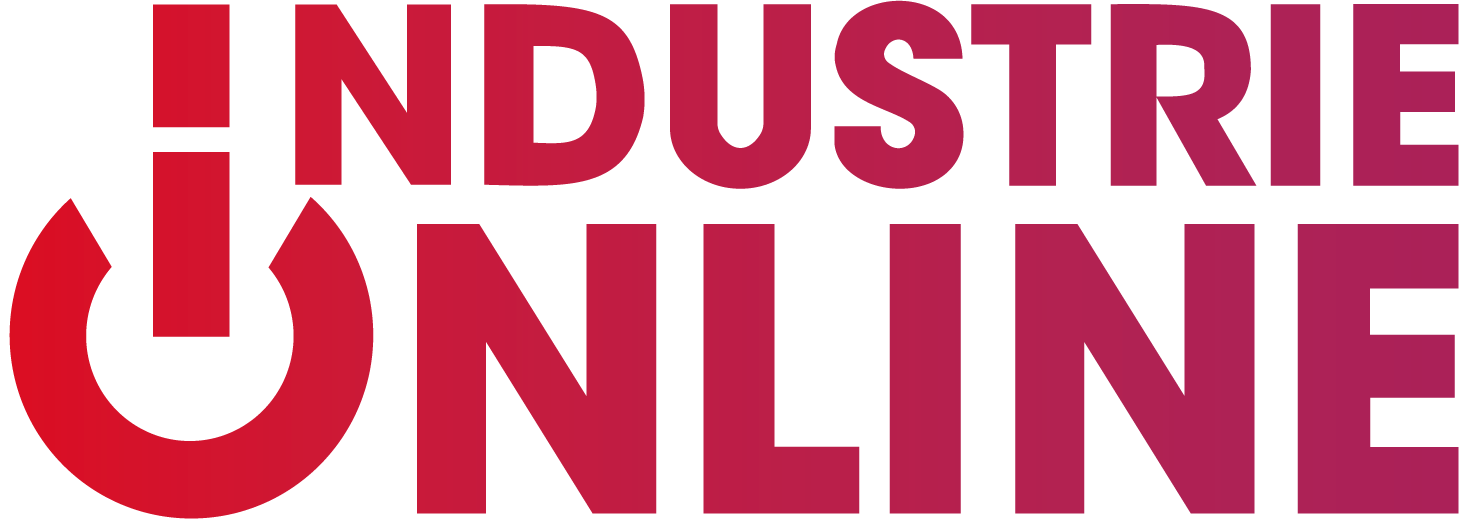

 Français
Français 